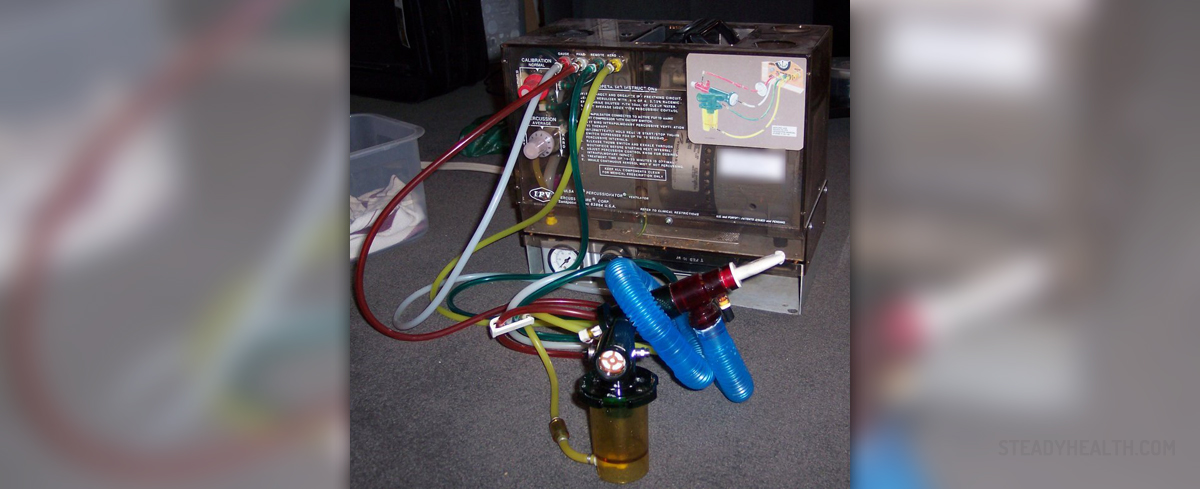
About Cystic Fibrosis
Cystic fibrosis is a disease that affects exocrine glands (most commonly the pancreas, sweat glands and glands of the respiratory system). This is a chronic hereditary disorder which in severe cases even leads to a lethal outcome. In majority of cases the diagnosis is set during early childhood although it may be first diagnosed in adolescence or even adulthood.
Cystic fibrosis interferes with normal function of the exocrine glands. For example, the pancreas normally synthesizes enzymes necessary for breaking down the food in the process of digestion. In children suffering from cystic fibrosis the pancreas simply cannot perform its role and which creates problems with digestion of fats. Furthermore, cystic fibrosis of the respiratory tract is associated with excessive production of mucus (abnormal function of tracheobronchial glands). The mucus becomes very sticky and thick and leads to blockage of the airways. As a consequence accumulation of mucus interferes with normal exchange of oxygen and carbon dioxide and is responsible for frequent respiratory infections.
Apart from serious problems with digestive tract (the pancreas) and the respiratory tract patients suffering from cystic fibrosis are also prone to sinusitis, nasal polyps, esophagitis, liver cirrhosis, rectal prolapse, diabetes and infertility.
The severity of the condition varies among patients. While some of them suffer from serious complications of the illness during their childhood others can live with mild abnormalities. It is estimated that half of men suffering from cystic fibrosis live over 30 years while women can survive beyond 28 years of age.
Therapy for Cystic Fibrosis
Even though there is no cure for cystic fibrosis there are many treatments that can bring the associated symptoms under control and prevent complications. As for medications, patients suffering from cystic fibrosis are commonly prescribed with antibiotics. These drugs are necessary for treatment and prevention of recurrent lung infections. Furthermore, such people may also benefit from mucus-thinning drugs and bronchodilatators. In order to learn how to remove thick mucus from their lungs, patients with cystic fibrosis are engaged in physical therapy. Sometimes there is a need for mechanical devices that help loosening mucus such as chest clapper and inflatable vest. Surgical procedures include feeding tubes (essential for delivering of nutrients in people who cannot absorb nutrients from food properly) and lung transplantation which is done in cases of severe damage of lung function. Surgery is also performed in case of blockage of the bowel.
Gene therapy is another therapy for cystic fibrosis. It is currently under investigation and many scientists hope it will help such patients. It involves replacement of defective CFTR gene with an intact gene. The therapy includes inhaling a spray that delivers normal DNA to the lungs. This way the progression of the disease can be partially controlled.


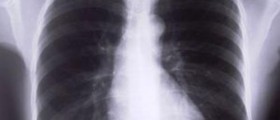

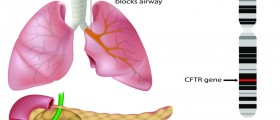


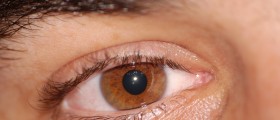
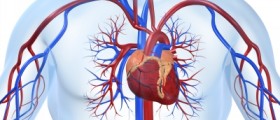

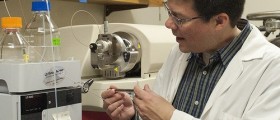



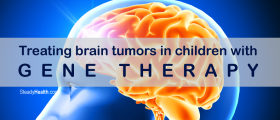


Your thoughts on this
Loading...